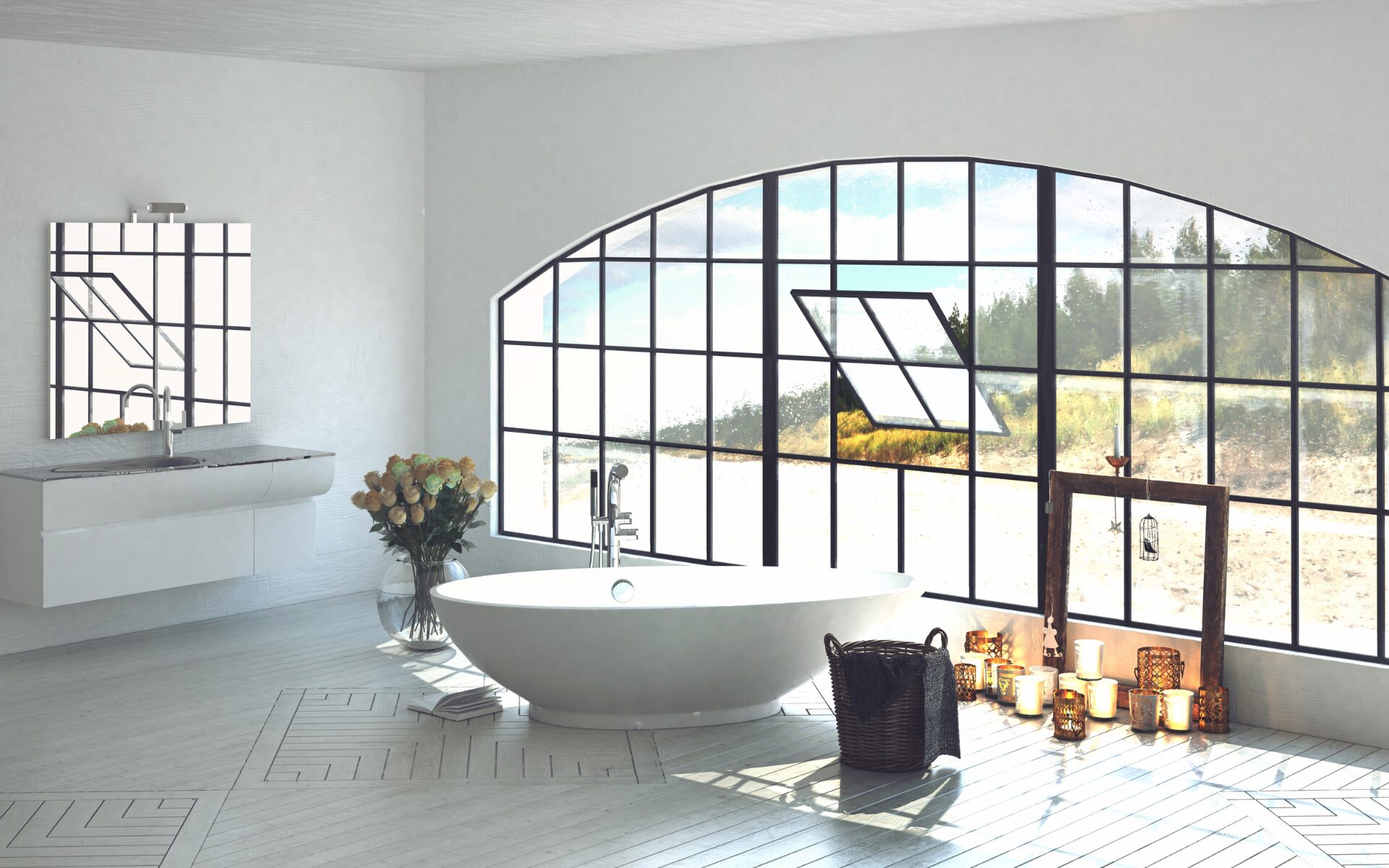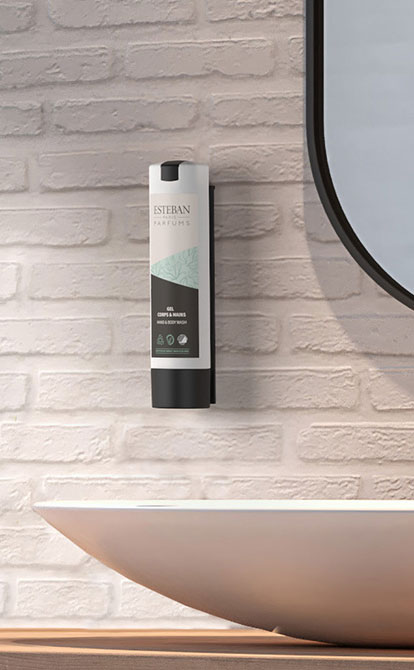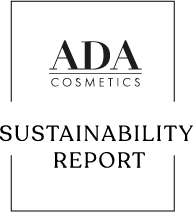As the hospitality industry advances, best practices are emerging to shape its future, with notable examples highlighting innovations like sustainable operations, personalized services, and the future of robots in the hospitality industry, revolutionizing guest experiences and operational efficiency. Here are a few best practices for hotels to successfully implement future trends in the hotel industry:
Technology Leaders
Tech leaders in the hospitality industry are advancing through the integration of robots, IoT-driven smart rooms, and AI-powered assistants, such as voice-activated guest services. For instance, Aloft Hotels, part of the Marriott International chain, has introduced the AI-powered Botlr, a robotic butler that delivers amenities to guests’ rooms. These innovations enhance operational efficiency and elevate the guest experience, showcasing the transformative impact of technology in modern hospitality.
Sustainability Experts
Environmental stewards in the hospitality industry are leading by example through initiatives such as achieving energy autonomy, implementing plastic-free policies, and obtaining Green Key certifications. For instance, Bucuti & Tara Beach Resort in Aruba is the Caribbean’s first certified carbon-neutral hotel, renowned for its eco-friendly practices and commitment to sustainability. This resort demonstrates how environmental responsibility can coexist with luxury, setting a benchmark for sustainable hospitality.
Guest Experience Reimagined
Hotels are enhancing guest experiences by implementing personalized services, such as tailored communication and digital concierge systems. For example, Wyndham Hotels & Resorts has leveraged Canary’s AI-enabled Guest Engagement Platform to offer guests seamless digital service from check-in to check-out across more than 6,000 properties. This integration of technology not only improves operational efficiency but also elevates guest satisfaction by providing convenient and customized services.
Hotel Concepts
Hotels concepts are changing and adapting to the increasing demand for hybrid travel and sustainability. For instance, Hotel Schani in Vienna has integrated a coworking space into its lobby, offering twelve desks that guests can use for free, while locals can purchase coworking passes. This setup provides flexible work environments for both travelers and local professionals. Additionally, the rise of green hotels showcases the industry’s commitment to sustainability. For example, the Proximity Hotel in Greensboro, North Carolina, is the first Platinum LEED-certified green hotel in the United States, utilizing over 70 sustainable practices during construction and operation.




























